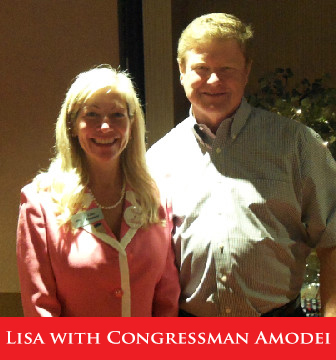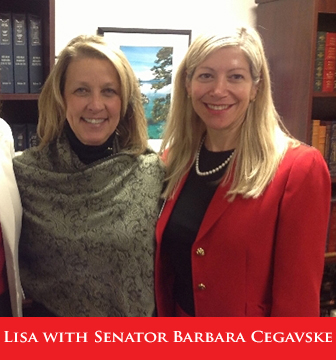The back-and-forth and inaction among Washoe County and Nevada politicians over the fate of the proposed Washoe school tax can be boiled down to simple questions elected leaders can ask of themselves:
Did people elect you so that you could ensure your political future or did they elect you to make hard decisions in the community’s interest?
That’s the takeaway from the comments of Washoe County Commissioner Marsha Berkbigler, who said: “I won’t give you any names of anybody, but I will simply say that I have received emails and phone contacts from people who have made it very clear that if I vote for this, they will go after me in my election in 2016.”
The fact that she and others are feeling political heat should not be surprising. That comes with the job. But that is why voters elect candidates to office: to make decisions.
Fear of losing an election over making a decision should take a back seat to taking action.
Unfortunately, it’s apparent that no one wants to make a decision when it comes to the school tax.
A vote is not planned anytime soon. The county commission recently scheduled three more public meetings on the issue and also plans to discuss the proposal at its regularly scheduled meetings through the end of the year.
The proposal needs to be approved by four of the five county commissioners by Jan. 1, 2014, to be enacted, the county said.
The bill proposes to raise property taxes by 5 cents per $100 of value. It also proposes to raise sales tax by a quarter percentage point. It would provide bonding capacity to give the district $20 million a year in funds earmarked for capital improvements.
As RGJ political reporter Ray Hagar detailed in a recent story, the Washoe County Commission is expected to vote on the school-tax bill by the end of the year, after the Legislature tossed the issue to the commission like a hot potato.
The political fallout could linger long after the vote — especially among Republicans.
The bill, designed to fund costly repairs on the district’s aging inventory of schools, is expected to be an issue in the 2014 election at the legislative and county levels.
The two Republican assemblymen from Reno who designed the concept to let the commission decide are both running for re-election in 2014. One, Assemblyman Randy Kirner, R-Reno, already has an opponent, Lisa Krasner, in his District 26 GOP primary, partially because of the school-tax controversy.
“It is one part of it,” Krasner said, later adding: “So many people have said, ‘What is going on with our Legislature?’ We elected these people to make tough decisions, and here, basically, what they have done is pass the buck.”
She is right.
Elected leaders need to be held accountable for their actions and inactions. If they are not willing to take a stand, justify a position — and in this case, vote — they should vacate the office to someone who will.
This is already happening on the national level. President Barack Obama, facing gridlock in Congress, is using sweeping executive powers to act on a variety of issues ranging from new environmental regulations to the one-year delay on the new health care law’s employer mandate.
“In a normal political environment, it would have been easier for me to simply call up the speaker and say, you know what, this is a tweak that doesn’t go to the essence of the (health care) law…,” Obama said. “But we’re not in a normal atmosphere around here…”
In terms of “a normal atmosphere,” that’s been a challenge since President George H.W. Bush went back on his 1988 “no new taxes” pledge. The political fallout from Bush’s decision has lasted more than two decades and filtered down to the local level.
In Washoe County, the inaction on the Washoe school tax gives the appearance of politicians acting like political cowards instead of acting as bold leaders.
In the Nevada Legislature, Sens. Ben Kieckhefer, R-Reno, and Greg Brower, R-Reno, and Assemblyman Pat Hickey, R-Reno, deserve credit for keeping the school-tax proposal alive in the 2013 session.
But the fact that the Legislature as a whole punted the issue to Washoe County showed no political courage. This, after all, is the same Legislature that two sessions in row felt it had the right to tell Reno and Sparks how to elect their city councils (by ward as opposed to citywide).
The top-down legislative directives were vetoed by Gov. Brian Sandoval both times.
The lack of home rule in Reno-Sparks and the power of the state over local governments is a longstanding sore spot. But now that it has the power to act on the Washoe school tax, local elected leaders are scared to act. That needs to change. The option is to step down and make room for someone who will.
In the meantime, Washoe County’s kids are waiting.



